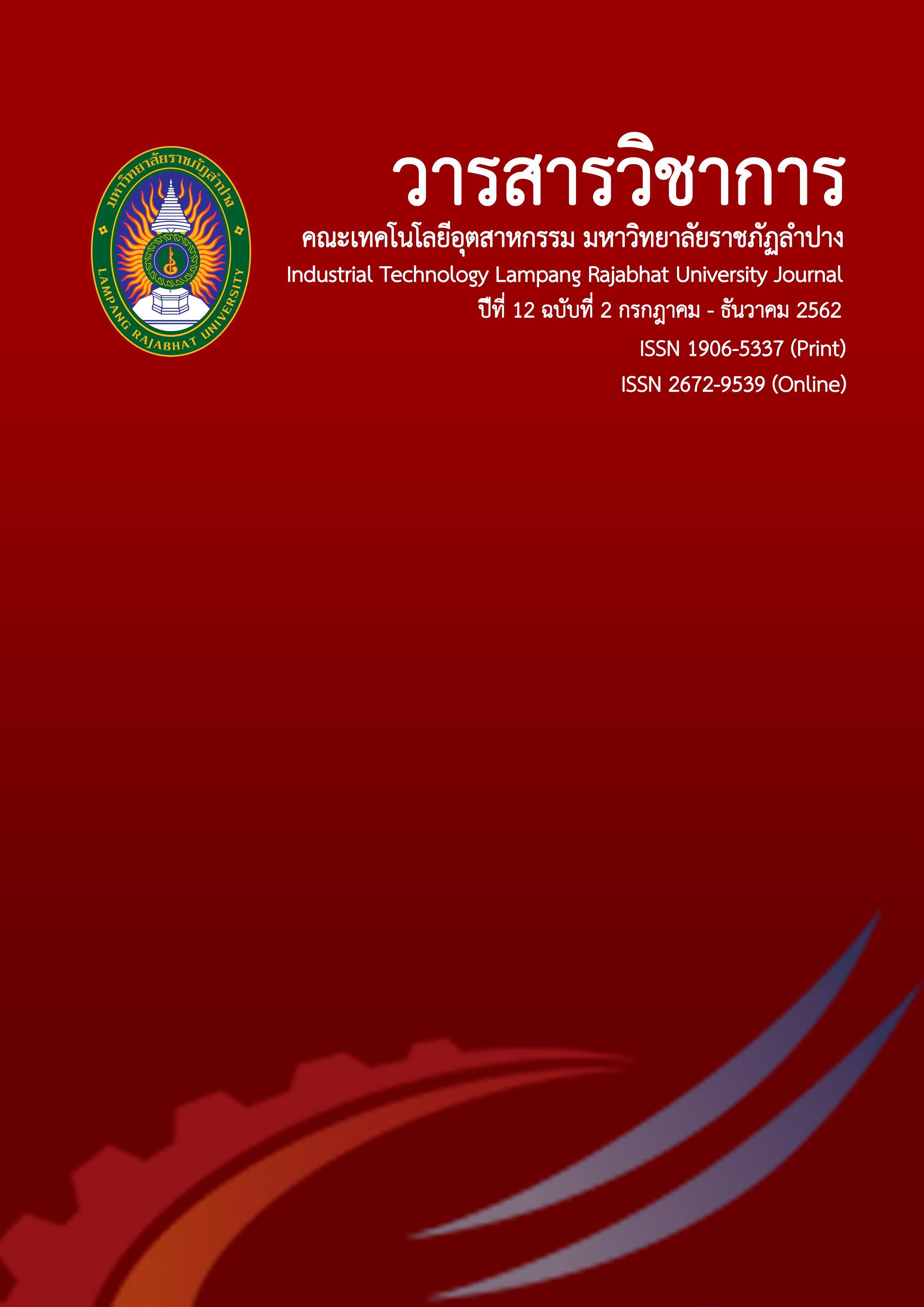Design of Biomass Mixture for Electricity Generation Case study: Biomass Power Plant Prachuap Khiri Khan Province
Keywords:
biomass power generation, biomass mix, economic value analysisAbstract
This research designed a mixture of biomass to generate electricity using coconut husk mixed with wood chips. The biomass mixing model took 6 forms, with the proportion of mixing between coconut flakes and wood chips as follows: 1:1, 1:2, 1:3, 2:1, 3:2 and 4:1. Each model was tested for electricity production for a period of 24 hours. To analyze the return on investment and payback period, the results showed which of the 6 types of fuel mixture were able to generate sufficient heat and pressure to meet the demand for electricity. The model 3 fuel mixture provided the maximum heat energy with fuel that can be sold at a level of 68.07%. The use of 1 part coconut husk and 3 parts wood chips increases the cost of fuel leading to a difference in fuel cost and electricity that can be sold. When calculating the costs and analyzing the economic value, the researcher determined that model 4 has a return on investment (B / C) of 1.33, with a payback period of 3.93 years. Therefore, the proportion of coconut husk and wood chips (model 2:1) is considered to be the most appropriate.
References
Arjharn, W. et al. (2009). Study of the Economy Cost of a Small Scale Biomass Power Plant for Rural Communities. Nakhon Ratchasima : Suranaree University of Technology, ข-13. (in Thai)
Council to reform the country. (2017). Energy Reform Report. Bangkok. (in Thai)
Khidhathong, P. Wangjiraniran, W. and Suriyawong, A. (2014). A Study on Spatial Potential of Biomass for Electricity Generation. Energy Research Journal, 63-76. (in Thai)
Kaiwan, Y. (2016). Experimental Design for Research. Bangkok: Chulalongkorn University PrintingHouse. (in Thai)
Saennil, S. and Kantangkun, P. (2015). Raw Material Management for Very Small Power Producer Biomass Power Plant: A case Study in Prachin Buri Province: Substance engineering Kasetsart University, 37-46. (in Thai)
SuanSawat, R.(2016). Cost accounting 2. Udon Thani Rajabhat University. (in Thai)
Urajiraphongphan, S. (2014). Cost accounting. 7th edition. Bangkok: McGraw-Hill PrintingHouse. (in Thai)
Wongsa, K. (2014). Thai energy future. Bangkok: Institute of Public Policy Studies Chiang Mai University PrintingHouse. (in Thai)
Yaemphuan, P. (2013). Engineering Economy. Bangkok: Se-Education Public Company Limited PrintingHouse. (in Thai)






